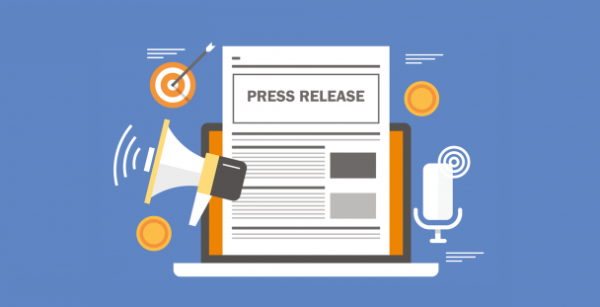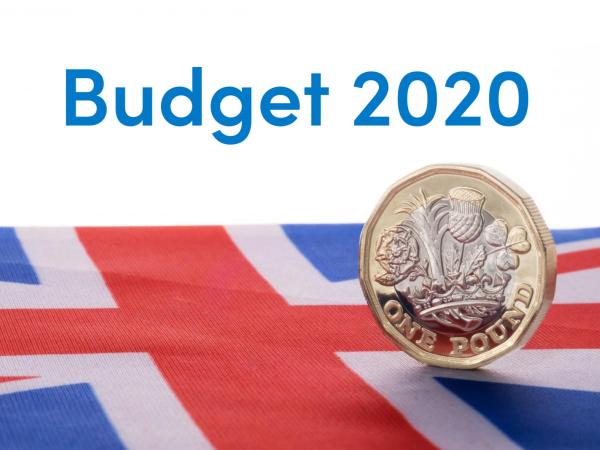Will new guidance tool for the self-employed help business-owners understand their tax?
It was announced in today’s Budget1 that a new interactive tool will be available in the summer to help the self-employed understand their tax position by providing specific information for their business. LITRG considers online tools that aim to help users make tax-related decisions helpful, provided they are implemented wisely and that they supplement, rather than replace, existing guidance.

Victoria Todd, Head of LITRG, said:
“We welcome any accurate guidance which improves the understanding of the tax system and encourages people to get their tax right. Most self-employed taxpayers want to get their tax affairs right but are often daunted with where to start with their business accounts and completing their tax returns, especially if they are on a low-income and cannot afford professional advice.
“We hope that the tool will be launched in time to help the self-employed complete their 2019/20 tax returns, however the most important thing is that the tool is fit for purpose. In our experience, such tools are only as good as the questions asked and answers given and so care needs to be taken in development.”
It is vital that the purpose and functionality of the online tool is clear to the self-employed user. This means that:
- any limitations should be clearly explained
- a list of what is needed to complete it should be provided up-front (as often tools cannot be saved during their use)
- box entries require proper explanation with easy-to-understand language so that users are supported to give accurate answers
- users should be able to obtain a copy for their records – for example by automatically receiving a copy by email (being prompted to print or save a copy would also be helpful but may not always be possible, e.g. if the form has been completed at a voluntary online centre). This could be important evidence in the event of challenge by HMRC, or in a Tribunal case where the user has relied on the guidance given by the tool.
Victoria Todd continued:
“The self-employed often need to digest a lot of information when they are also busy running and growing their businesses and a tool which provides guidance to specific trades will be useful. This is especially true where tax rules differ for different sectors, for example childminders. It is usually impossible to cover every potential scenario in a tool such as this and so it can never be a replacement for more detailed guidance.
“Sometimes self-employed taxpayers need to decide how to claim certain expenses such as calculating and apportioning an expense or using the simplified expense rules. It is very important that the tool explains the different methods to enable an informed decision to be made because the tax relief could vary significantly depending on the individual circumstances.
“As ever, we are willing to work with HMRC to help develop and test this new tool, so that it provides the best results for its users.”
Victoria Todd
Notes
- Full Budget 2020 document, para 2.158:
“2.158 Tax guidance for self-employed people – To make it easier for self-employed people to navigate the tax system, the government will launch new interactive online guidance for taxpayers with non-Pay As You Earn income this summer” - Low Incomes Tax Reform Group
The LITRG is an initiative of the Chartered Institute of Taxation (CIOT) to give a voice to the unrepresented. Since 1998 LITRG has been working to improve the policy and processes of the tax, tax credits and associated welfare systems for the benefit of those on low incomes.
The CIOT is the leading professional body in the United Kingdom concerned solely with taxation. The CIOT is an educational charity, promoting education and study of the administration and practice of taxation. One of our key aims is to work for a better, more efficient, tax system for all affected by it – taxpayers, their advisers and the authorities. The CIOT’s work covers all aspects of taxation, including direct and indirect taxes and duties. The CIOT’s 19,000 members have the practising title of ‘Chartered Tax Adviser’ and the designatory letters ‘CTA’, to represent the leading tax qualification. - LITRG offer free, detailed guidance for the self-employed via their website: www.litrg.org.uk. The group have also produced a detailed guide for the self-employed which explains the less common tax rules and supplements the information on the website. The guide is available at: https://www.litrg.org.uk/sites/default/files/SE-Guide-2019-FINAL.pdf


